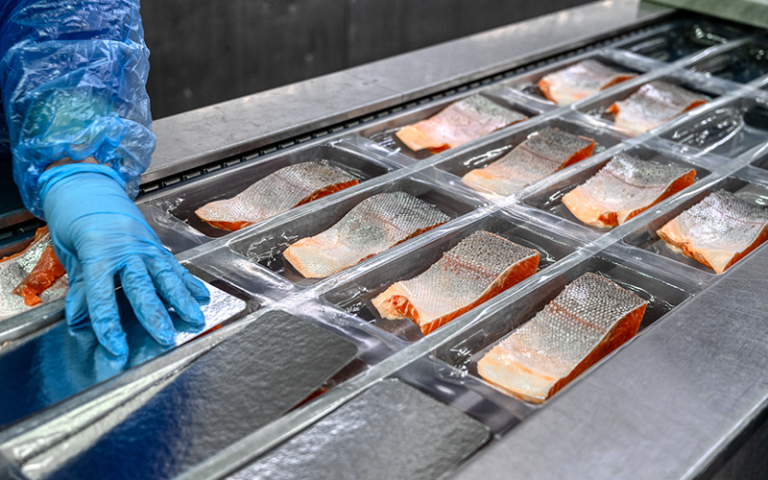The majority of chemicals found in materials that come into contact with food are not intentionally added during the material's manufacturing process and are not currently listed for use, a new systematic evidence map involving researchers at UCL has revealed.

Published today in Critical Reviews in Food Science and Nutrition, researchers found evidence for 2,881 food contact chemicals (FCCs) that may transfer into food or drinks from six types of food contact materials (FCM) groups, including plastics, paper and board, metal, multi-materials, glass and ceramic, and 'other'.
Of these, just over a third (1,013 - 35 per cent) were listed and previously known to be used in the manufacturing process.
Study co-author Dr Olwenn Martin (UCL Arts & Humanities) said: "We were surprised to find such small overlap between the chemicals detected and those listed as intentionally used.
"Although we look at FCCs individually, the reality is that we are exposed to mixtures - or cocktails - of chemicals migrating to our food all the time, so it's important that we also look at the effect of these mixtures on humans."
Analysing information from 1,210 existing studies, the paper's findings underpin a new, first-of-its-kind database, launched today by non-profit foundation Food Packaging Forum (FPF), which aims to shed light on the thousands of chemicals found in food packaging.
The freely available online mapping tool known as the 'Database on Migrating and Extractable Food Contact Chemicals' (FCCmigex*) compiled data from the 1,210 studies and brought together the FPF's scientists with those from eight academic institutions across Europe and North America, including UCL.
The new tool provides information on hundreds of chemicals about which very little is known in terms of use and food migration behaviour. The authors believe the new data is critical for determining human health risks, and hope that the findings will also contribute to the development of non-hazardous materials leading to safer food - as well as a more circular economy.
Dr Jane Muncke, Managing Director of the Food Packaging Forum and paper co-author, said: "This database will be a unique and highly useful resource for any experts working on food contact materials.
"It allows users to explore the known universe of food contact chemicals, and to uncover evidence on any food contact chemical that has ever been investigated."
Of all the materials investigated, plastic was found to be the most studied across the 1,210 studies, with a total of 1,975 FCCs linked to this material.
The study expands the list of known FCCs; a previously published database, FCCdb, showed there were 12,285 FCCs listed for use. This study adds 1,868 FCCs - that are not listed for use - to the total, increasing the figure of known FCCs to 14,153.






